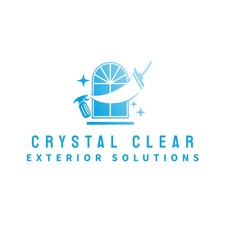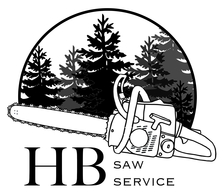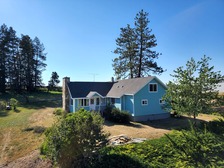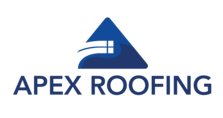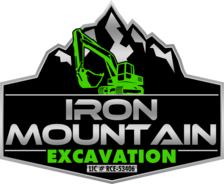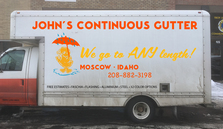
Get matched with top concrete leveling pros in Lapwai, ID
Enter your zip and get matched with up to 5 pros
Need a pro for your concrete leveling project in Lapwai, ID?
Verified Reviews for Concrete Leveling pros in Lapwai, ID
*The Angi rating for Concrete Leveling companies in Lapwai, ID is a rating based on verified reviews from our community of homeowners who have used these pros to meet their Concrete Leveling needs.
*The HomeAdvisor rating for Concrete Leveling companies in Lapwai, ID is a rating based on verified reviews from our community of homeowners who have used these pros to meet their Concrete Leveling needs.
Last update on January 08, 2026
Find Concrete leveling pros in Lapwai

Advanced Moving & Rigging LCC
Advanced Moving & Rigging LCC
We are a 4th Generation structural moving company. Our specialties include whole house and building moving, raising and leveling.
We are a 4th Generation structural moving company. Our specialties include whole house and building moving, raising and leveling.
DAVE SMITH CONSTRUCTION
DAVE SMITH CONSTRUCTION
general contracting
general contracting
Twin Falls Concrete
Twin Falls Concrete
Since 1979 we have been delivering ready mix concrete to Twin Falls and the Magic Valley. We take the guess work out of concrete ordering and you pay for only what you use. As a Twin Falls concrete contractor, we can now build a driveway, sidewalk, or cement patio from start to finish!
Since 1979 we have been delivering ready mix concrete to Twin Falls and the Magic Valley. We take the guess work out of concrete ordering and you pay for only what you use. As a Twin Falls concrete contractor, we can now build a driveway, sidewalk, or cement patio from start to finish!
The Lapwai, ID homeowners’ guide to concrete leveling services
From average costs to expert advice, get all the answers you need to get your job done.
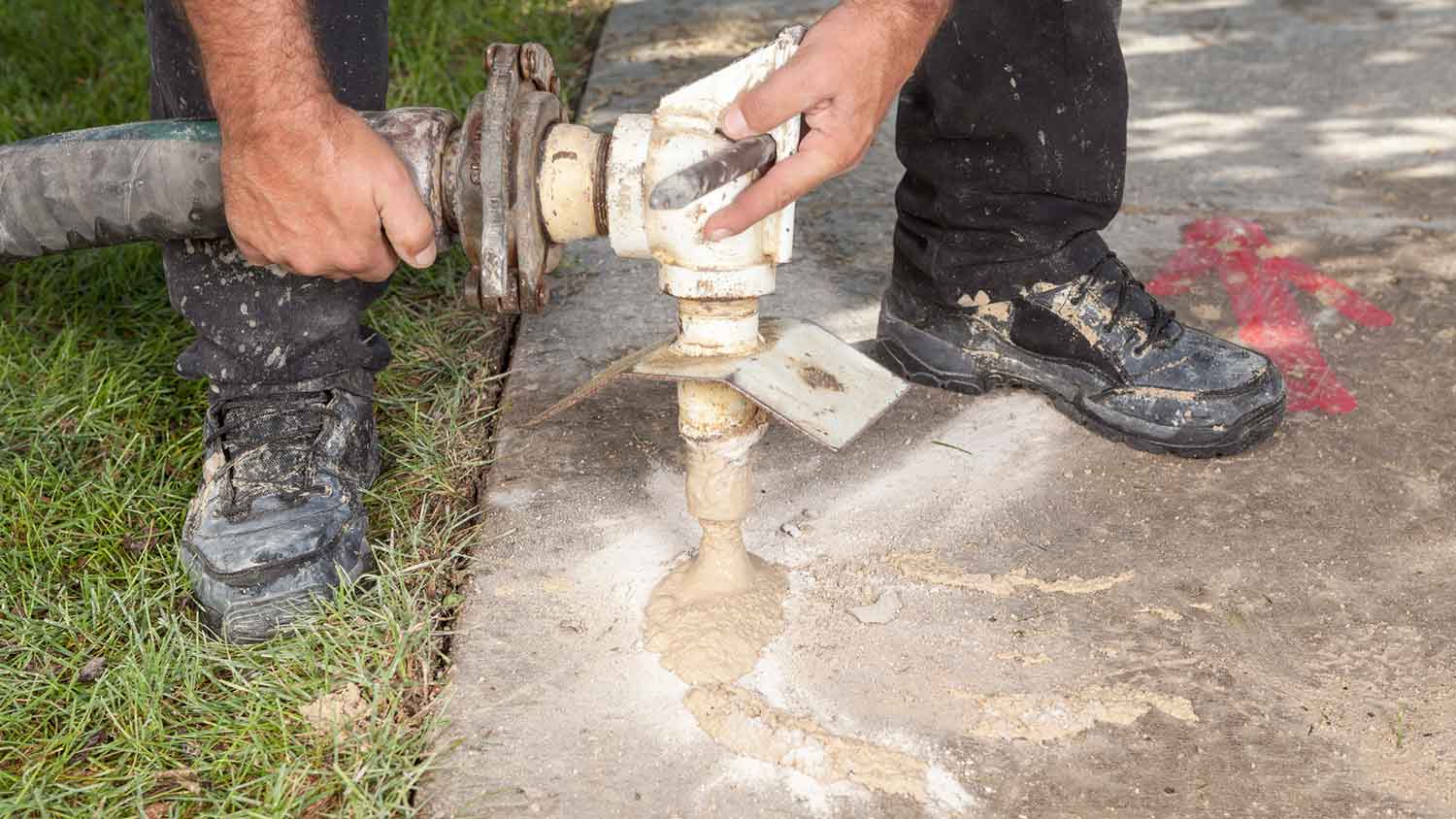 •
•Wondering about mudjacking costs? Discover prices, key cost factors, and tips to save on your concrete leveling project.

Don’t let sinking concrete capsize your budget. Learn about concrete leveling costs and the available methods to plan ahead for your project.

A driveway that’s too steep can be a major inconvenience. We’ve compiled some of the best steep driveway solutions in this comprehensive guide.

DIY mudjacking is an advanced task, but learning how to raise a concrete slab is great to know for many scenarios. Let's take a look at how to DIY mudjack.

Mudjacking is an affordable fix for sunken or uneven concrete. Learn what mudjacking is and if it’s worth it for your driveway, sidewalk, or patio.
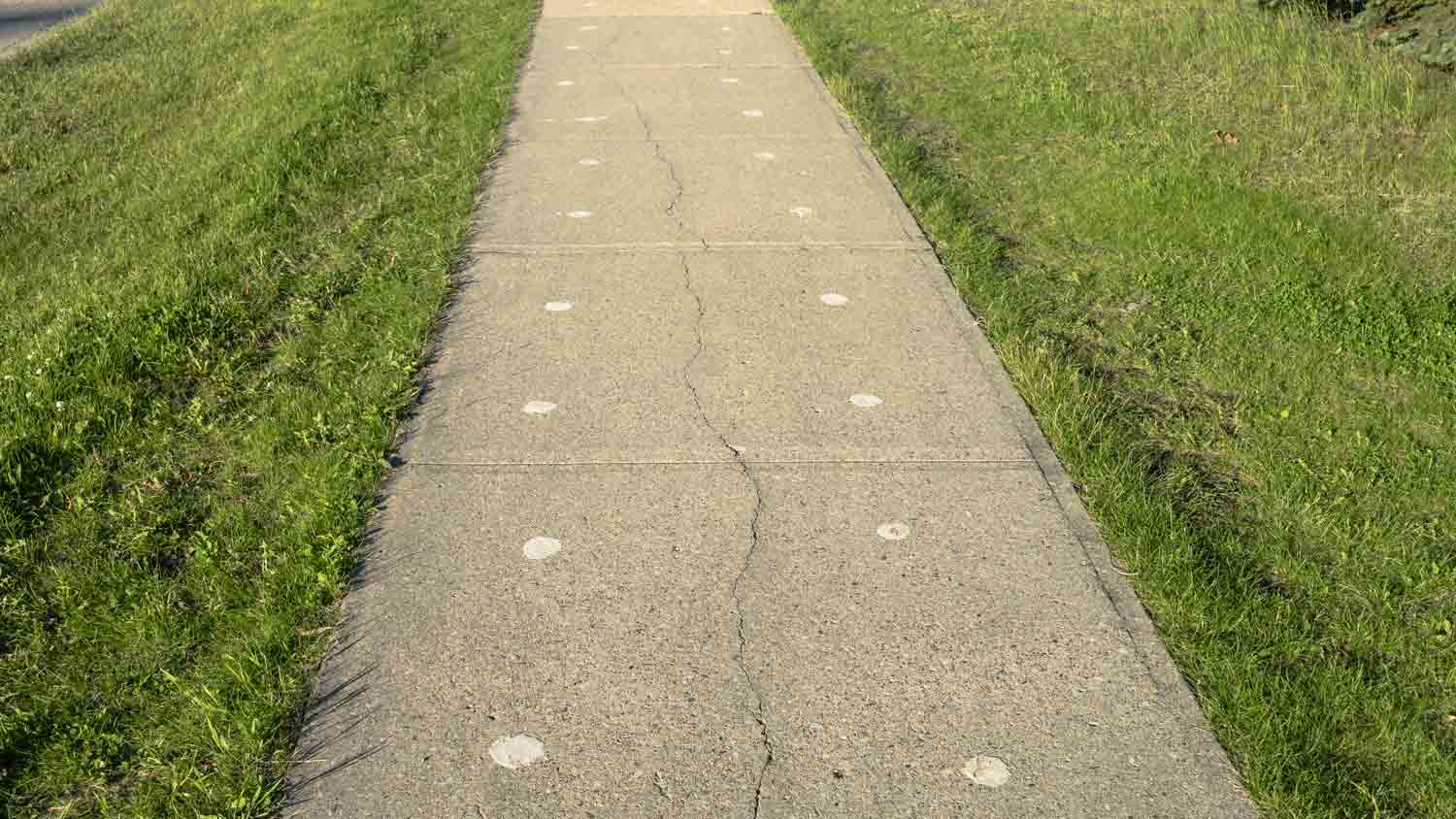
Sunken concrete can be a structural issue, but a professional can easily repair it. Ask these concrete injection leveling and mudjacking questions before you hire.
- Juliaetta, ID Concrete leveling pros
- Asotin, WA Concrete leveling pros
- Genesee, ID Concrete leveling pros
- Clarkston, WA Concrete leveling pros
- Colton, WA Concrete leveling pros
- Moscow, ID Concrete leveling pros
- Pullman, WA Concrete leveling pros
- Albion, WA Concrete leveling pros
- Palouse, WA Concrete leveling pros
- Pomeroy, WA Concrete leveling pros
- Colfax, WA Concrete leveling pros
- Garfield, WA Concrete leveling pros
- Oakesdale, WA Concrete leveling pros
- Dayton, WA Concrete leveling pros
- Tekoa, WA Concrete leveling pros
- Tree Service in Lapwai
- Insulation in Lapwai
- Electrical in Lapwai
- Lawn And Yard Work in Lapwai
- Fencing in Lapwai
- Gutter Cleaning in Lapwai
- Mailbox Repair in Lapwai
- Home Builders in Lapwai
- Landscaping in Lapwai
- Painting in Lapwai
- Plumbing in Lapwai
- Roofing in Lapwai
- Tree Service in Lapwai
- Kitchen And Bath Remodeling in Lapwai
- Lawn And Yard Work in Lapwai
- Electrical in Lapwai
- Landscaping in Lapwai
- Fencing in Lapwai
- Flooring in Lapwai
- Pest Control in Lapwai
- Exterior Painting in Lapwai
- Siding in Lapwai
- Home Builders in Lapwai
- Cleaning in Lapwai
- Garage Doors in Lapwai
- Windows in Lapwai
- Septic Tank in Lapwai
- Lawn Irrigation in Lapwai
- Excavating in Lapwai
- Insulation in Lapwai
- 🌱 "Mow a small front yard"
- 🛠 "Fix a leaking pipe under the sink"
- 🏠 "Repair shingles on an asphalt roof"
